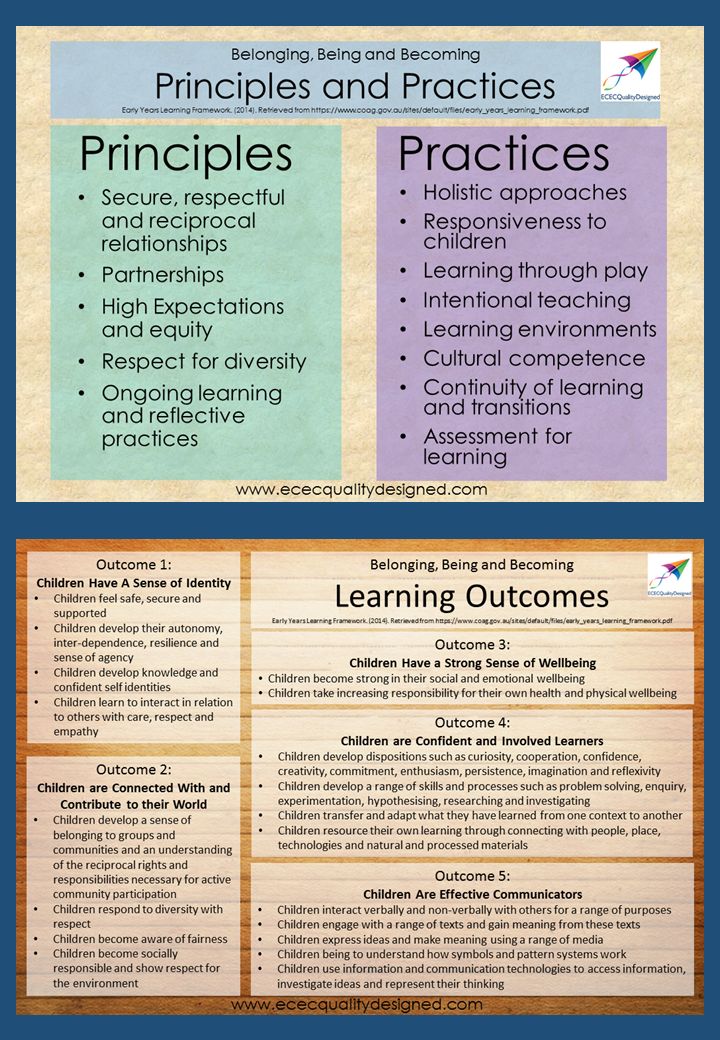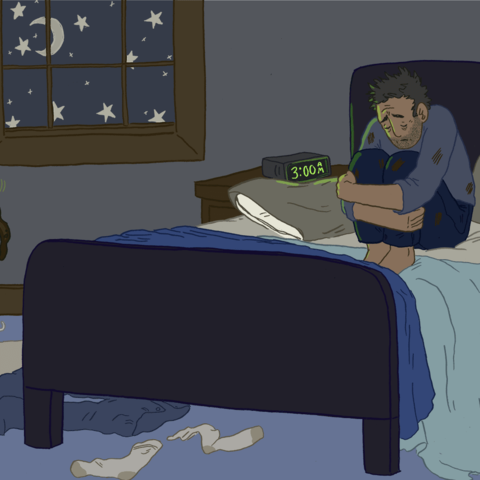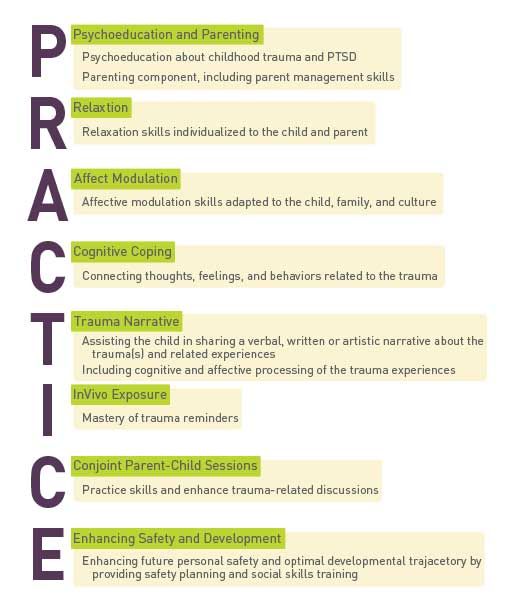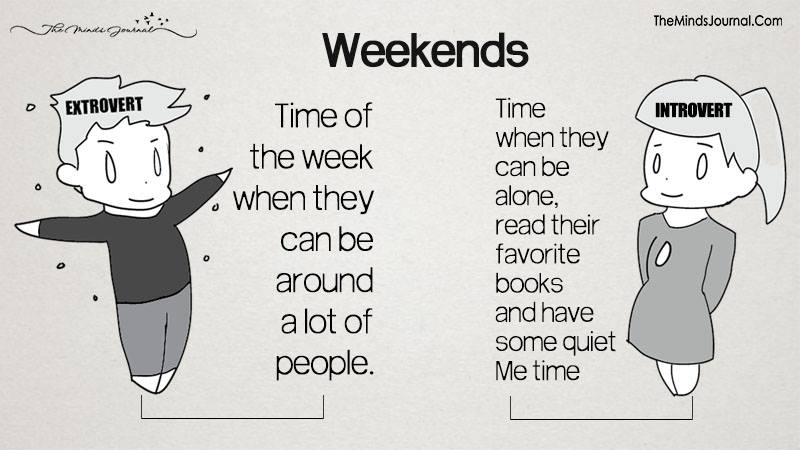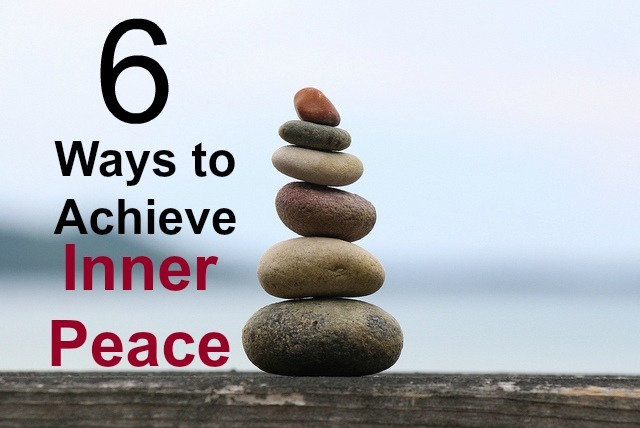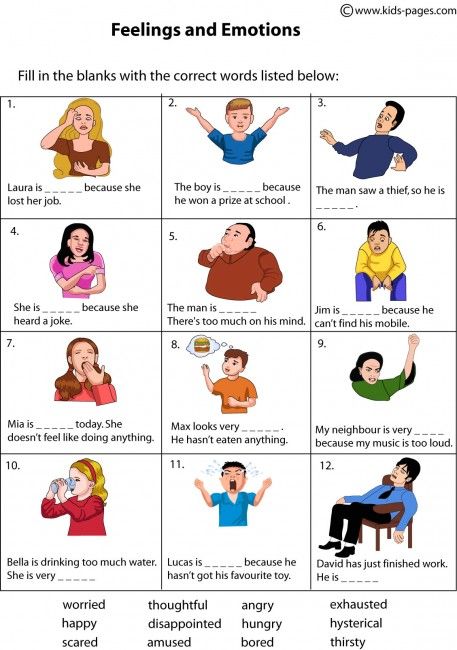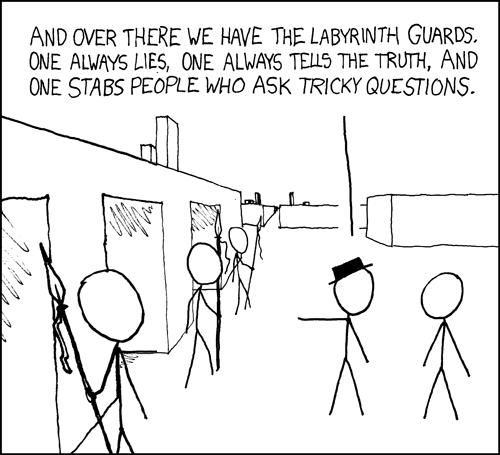Feeling safe and secure in a relationship
Creating Emotional Safety In Relationships
Posted on March 1, 2022 by Karla Reimer, MA
When couples come for Marriage counselling, the most common concern they share with me is their struggle around communication. Most couples say that if their communication was better, they could work through problems that arise in their relationship on their own. I do agree with this assessment, but also believe there’s one more important layer that needs to be in place for good communication to occur. This foundational element is emotional safety. Emotional safety is the feeling of trusting your partner with your emotional well-being. It means that you believe your partner cares about your own emotional experience and vice versa. Emotional safety means that we feel comfortable sharing with our partner our hopes, fears, vulnerabilities and pain, because we trust that our partner will tend to these emotions with warmth and concern. Emotional safety is established when you share your feelings, and your partner conveys back to you that they care about your pain, hurt, emotional experience, etc.
The listening partner shows how important his or her partner’s pain is through:
- Empathy – understanding what the experience would be like from your partner’s perspective (“That must have been really stressful when…”)
- Validation – affirming that your partner’s pain is legitimate (“It makes sense to me that you would feel _____ in that situation”)
- Body language – as your partner is sharing you reach out and take your partner’s hand, or stroke their arm, or make eye contact
- Putting your own feelings, thoughts, and comments on hold while you focus on your partner’s pain until your partner has shared all of their feelings and feels understood
One of the biggest hurdles that couples struggle to overcome in establishing emotional safety is that sometimes our partner’s pain is a result of something we have or haven’t done. Hearing your partner share their complaints and frustrations about you is difficult because we don’t want to disappointment our partners or feel like we fall short in some way as a partner.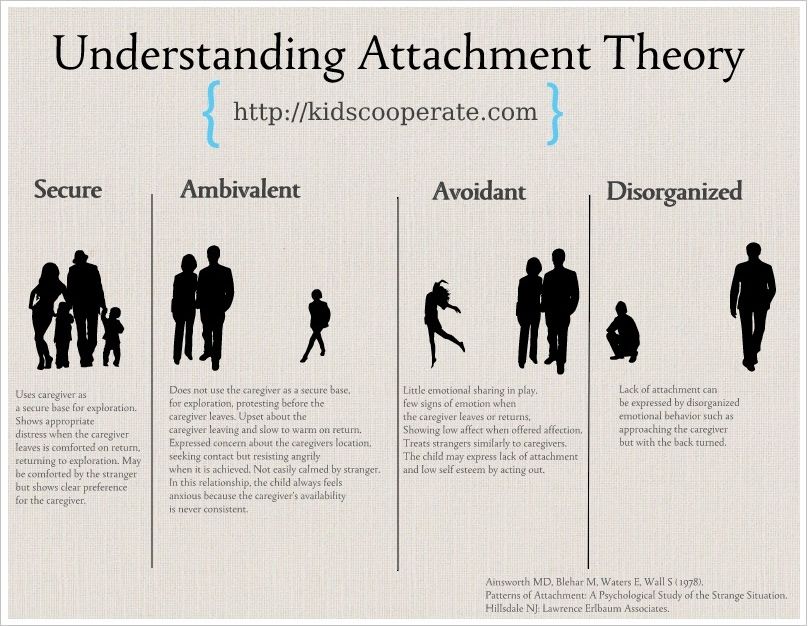 As a result, we might become defensive, and rather than fully listening to our partner share, we respond by vocalizing our own complaints. Here are some guidelines to be aware of to help you and your partner create more emotional safety in your relationship:
As a result, we might become defensive, and rather than fully listening to our partner share, we respond by vocalizing our own complaints. Here are some guidelines to be aware of to help you and your partner create more emotional safety in your relationship:
- Whoever expresses their emotions first (whether through words or body language) gets to share their feelings completely first
- Even if your partner is sharing complaints about something you have or haven’t done, try to remain focused on what they are sharing and not on preparing a response or retort to what he or she has shared.
- Be aware of how your partner’s sharing makes you feel. Once your partner has shared their pain and you have validated their emotions, it’s okay to share with your partner these tender emotions (“It was hard for me to hear you share about ______ because I hate the thought of disappointing you.”)
- Before you share your perspective or your “side” of the issue, check to make sure your partner feels fully understood.
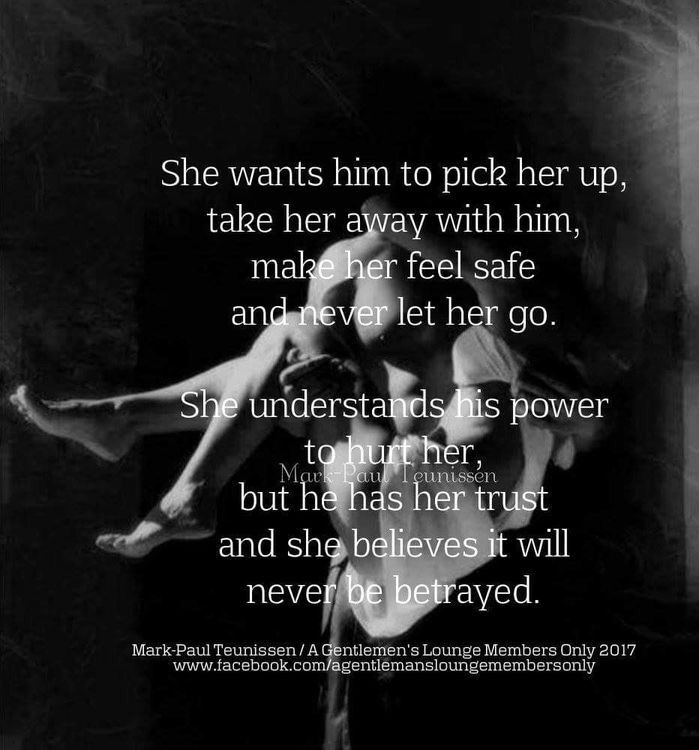 Once it is clear that your partner feels understood, and you can see that he or she has calmed down, you can begin to gently share your own feelings.
Once it is clear that your partner feels understood, and you can see that he or she has calmed down, you can begin to gently share your own feelings.
If you are the partner who is sharing, here are some important guidelines to consider to help your partner feel more willing to listen and to help them from getting defensive.
- Speak calmly and gently. If you are feeling worked up about something, try calming yourself down as much as possible before engaging in the discussion with your partner.
- Remember that if you are sharing a complaint specifically about your partner, a defensiveness response is more likely; it’s not easy hearing someone we love share how we may have disappointed them. Try to be sensitive to this, and express to your partner how much they mean to you in light of your disappointment.
- Try to give your partner the benefit of the doubt. If you’re feeling upset because your partner didn’t follow through on a promise, rather than accusing him or her of not caring, a better response might be: “I was hurt when I saw you forgot to make arrangements for our evenings, because it makes me fear that I’m not important to you, even though I know it probably happened because your boss has been making you work so much over-time lately.
 ”
”
Emotional safety is developed when the partner sharing their feelings talks gently, and when the listening partner focuses on what their partner is sharing and responds with warmth and caring. As you build emotional safety, you will feel increasingly comfortable communicating problems you are experiencing in your relationship. Karla Reimer, MA specializes in the areas of grief, couples work, addictions and emotional regulation as well as many others. For more information on Karla, her work, or other articles she’s written for Living Well click here to link to her full bio page.
How to Create Emotional Safety in a Relationship: 7 Tips
Understanding how to create emotional safety is key to fostering meaningful connections and healthy relationships.
Emotional safety is the foundation for a loving and healthy relationship. It’s about establishing trust with another person and feeling safe enough to be open and vulnerable with them.
To put it simply, emotional safety is feeling secure enough to truly express yourself with someone and show up as your most authentic self.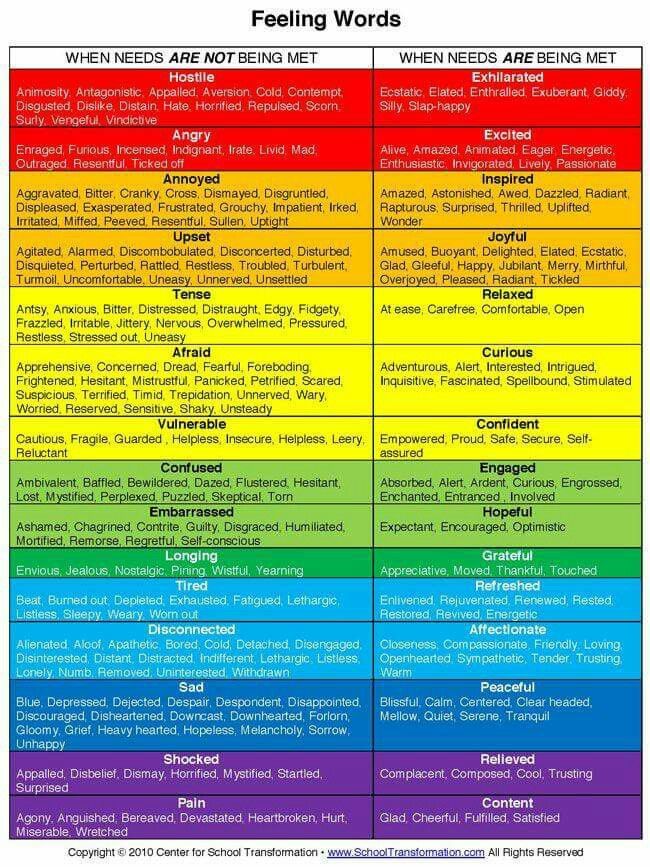
Emotional safety also goes both ways. When you feel emotionally safe and reveal your true self, it opens the door for your partner to do the same. And when both people in a relationship feel secure, it provides a safe environment where a deeper and more loving connection can form.
Safety matters
Emotional safety does not apply to abusive relationships. If you’re experiencing abuse, whether physical or emotional, you have several options for seeking help. Try reaching out to a trusted friend, family member, or therapist or calling a domestic violence hotline.
When you find yourself in an emotionally safe relationship, chances are you’ll experience many advantages as a result. Benefits of emotionally safe relationships include:
- You feel valued and valuable.
- You can truly be yourself without the risk of judgment.
- You can show your weaknesses without being taken advantage of.
- You can share boldly and express yourself freely.
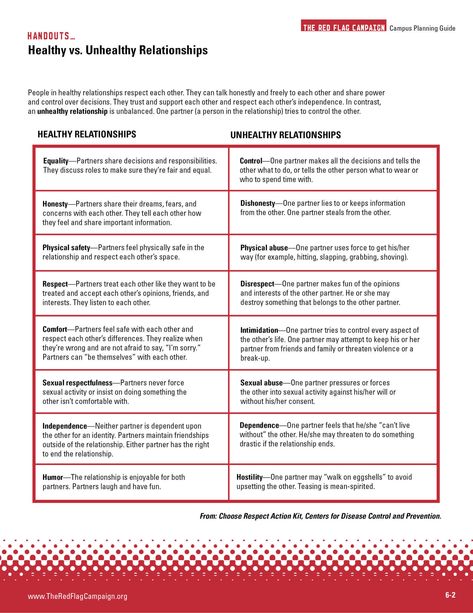
- You feel seen, heard, and understood.
More importantly, an emotionally safe relationship creates a stronger connection.
Of connection, Brené Brown, author and research professor of social work at the University of Houston, said it best: “I define connection as the energy that exists between people when they feel seen, heard, and valued; when they can give and receive without judgment; and when they derive sustenance and strength from the relationship.”
Wondering how to build emotional safety or unsure where to start? We’ve broken down seven helpful ways to cultivate trust and vulnerability in any relationship.
Respect boundaries and consent
Setting and respecting boundaries can increase safety and security in a relationship by establishing personal limits. By communicating a limitation, you let your partner in on your preferences and invite them to share their own. Think of boundaries as not only protecting yourself but also protecting your relationship.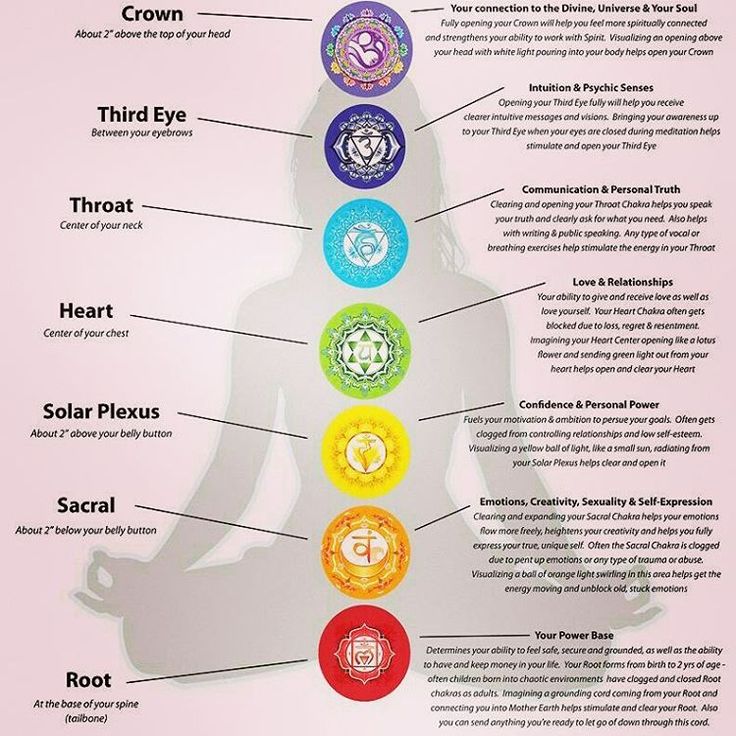
Boundaries can be physical, sexual, intellectual, emotional, or financial — all critical to nurturing respect in a healthy relationship. Once you set a boundary, it’s crucial that you and your partner respect it. Some examples of boundaries that promote emotional safety are:
- honoring what is important to you
- sharing personal information gradually
- protecting your time by not overcommitting
- asking for space when you need alone time
- communicating your comfort level on intimacy
Pay attention to your nonverbal communication
Body language is essential for emotional safety.
Vocal tone, eye shape, posture, and other micro expressions are continuously being interpreted by you and your partner, whether you realize it or not. “If you approach your partners with hard eyes, tightly pressed lips, and short words, they may not feel safe,” says Dr. Jake Porter, a Houston-based licensed professional counselor.
“The key here is to realize that we are each responsible not only for the words we say but also the way we send them,” he adds.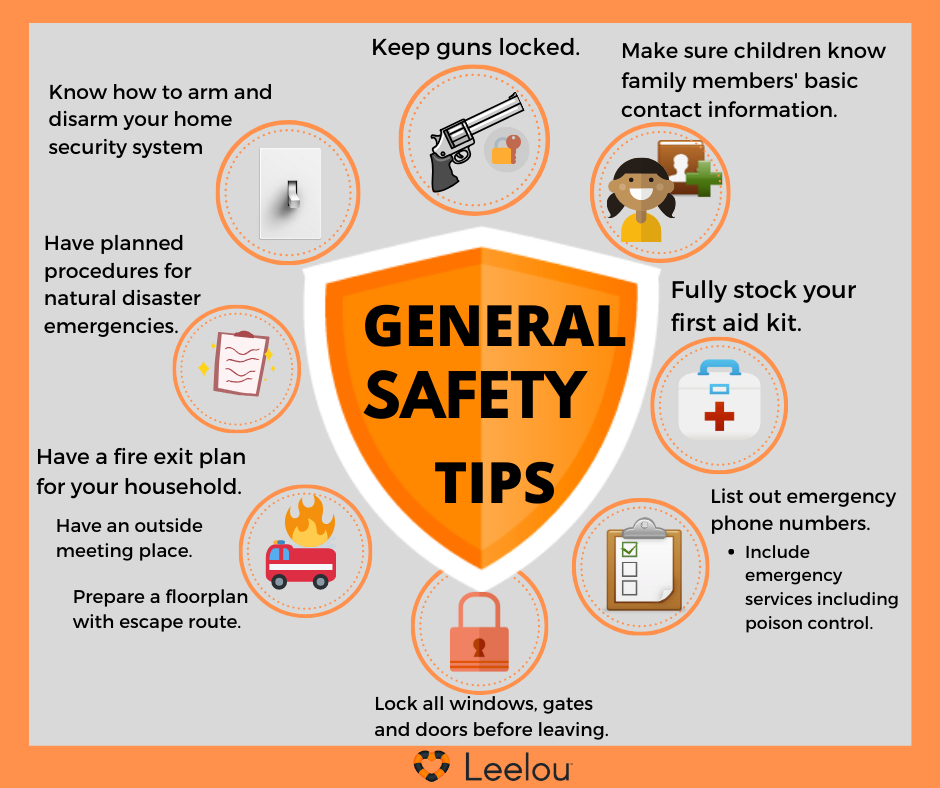
It’s a good idea to practice paying attention to the nonverbal communication you’re carrying with you before you approach your partner. Consider asking yourself, “What is my body language communicating right now?”
Be an active listener
Active listening is a critical component to a healthy relationship because people need to feel heard and understood to feel secure and validated. “Active listening is when you set aside your defenses and distractions, and truly take in what your partner is telling you,” explains Dr. Isabelle Morley, a licensed clinical psychologist based in Massachusetts.
“The ability to actively listen means that whenever fears or issues arise, your partner will feel comfortable telling you,” she adds. “Instead of the problem growing or your partner becoming resentful, you’ll be able to quickly and easily address it.”
Some ways to practice active listening include:
- nonverbal signs of listening like smiling, nodding, and maintaining eye contact
- asking your partner questions or asking for clarification
- summarizing or reflecting back on what was said
Practice transparency
Transparency is an important part of building trust and emotional safety.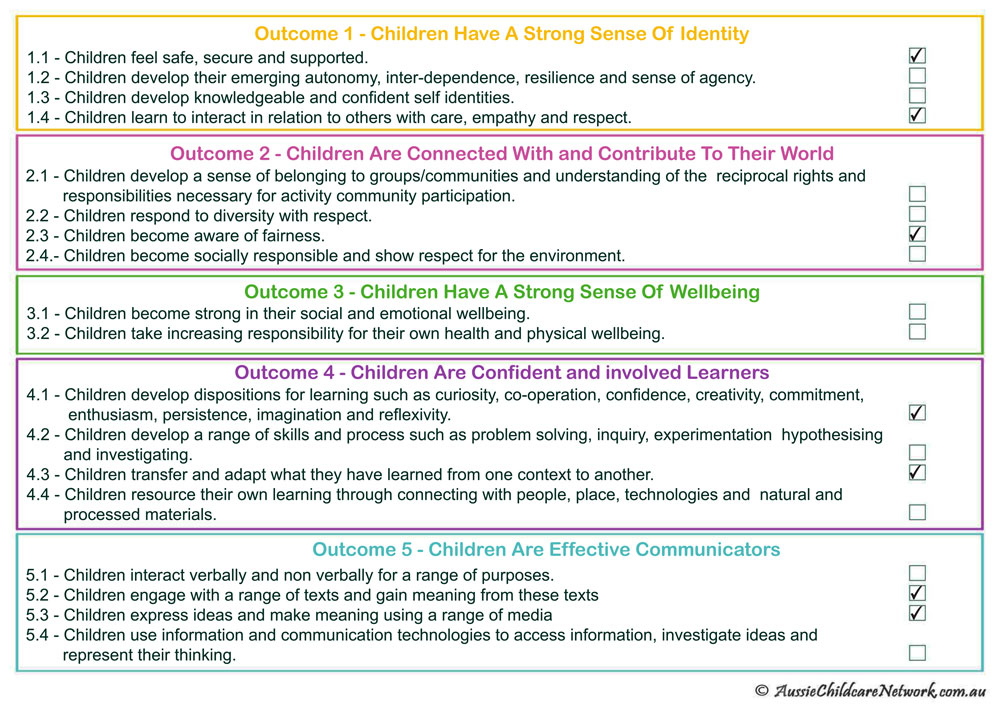 When you practice transparency, you eliminate the potential feeling that you or your partner are hiding something from each other.
When you practice transparency, you eliminate the potential feeling that you or your partner are hiding something from each other.
While you don’t need to share every part of your life with your partner, “general openness about your thoughts, feelings, and activities is a good way to build trust, communication, and security,” says Morley.
Give your partner the benefit of the doubt
Giving your partner the benefit of the doubt means removing judgment and, instead, being curious to learn about the motivation for their behavior. “Most people’s motivations are subconscious and often connected to their own baggage they bring to the relationship,” says Baltimore-based certified imago relationship therapist Rabbi Shlomo Slatkin.
“When we stop judging and making up stories of why our partner did what they did, we begin to look at them favorably from a place of compassion and understanding,” he adds. “We may disagree with them, but we can at least create a safe environment without confrontation. ”
”
Foster accountability and follow through
Following through shows your partner that you are dependable and value the relationship. When you commit to something and follow through, you actively build trust by showing your partner your loyalty. Yet following through doesn’t have to happen overnight.
Even when you take small steps, enabling your partner to see your consistent effort shows them your commitment to the relationship. Try keeping your partner in the loop, as this will help you hold yourself accountable too.
Consider couples or relationship therapy
A mental health professional’s perspective can help people in relationships build emotional safety by focusing on dealing with conflict rather than focusing on the conflict itself.
“Couples therapy fosters emotional safety by helping couples understand how they work together as a system,” explains Porter. “When I work with couples, I’m less interested in the content of what they are fighting about than the process of how they fight.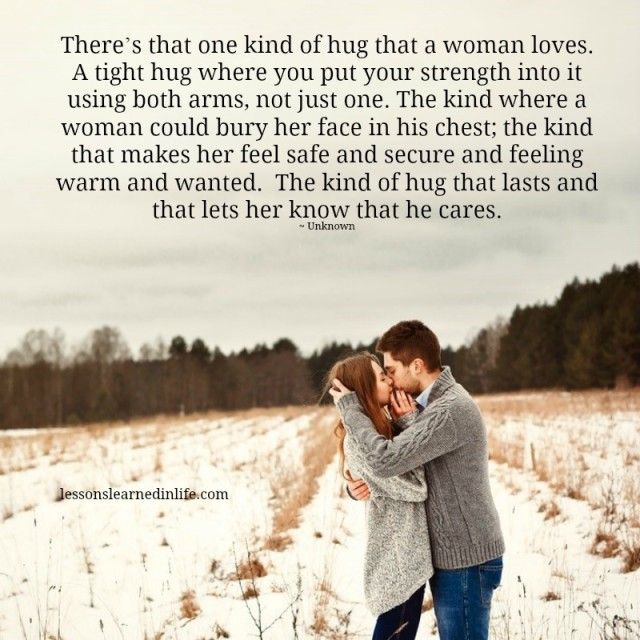 ”
”
“Focusing on the content might help them in the moment as I mediate a dispute, but they are just going to end up right back in the therapy office next time they can’t agree,” He adds. “Instead, by helping them create a new process for how they approach conflict to set them up for success as life continues to throw challenges their way.”
Emotional safety is key to a healthy and happy relationship. There are countless ways to create emotional safety, and some may work for you better than others. Consider trying a few of the ways we’ve identified and decide which ones work best for you and your partner.
While it may take time to build emotional safety, the result is a relationship built on mutual trust, respect, and unconditional support. Not only will you find yourself seen, heard, and understood, but you will find yourself feeling more connected to yourself and your partner. Try to be patient with each other, and then watch the benefits of being open and vulnerable unfold.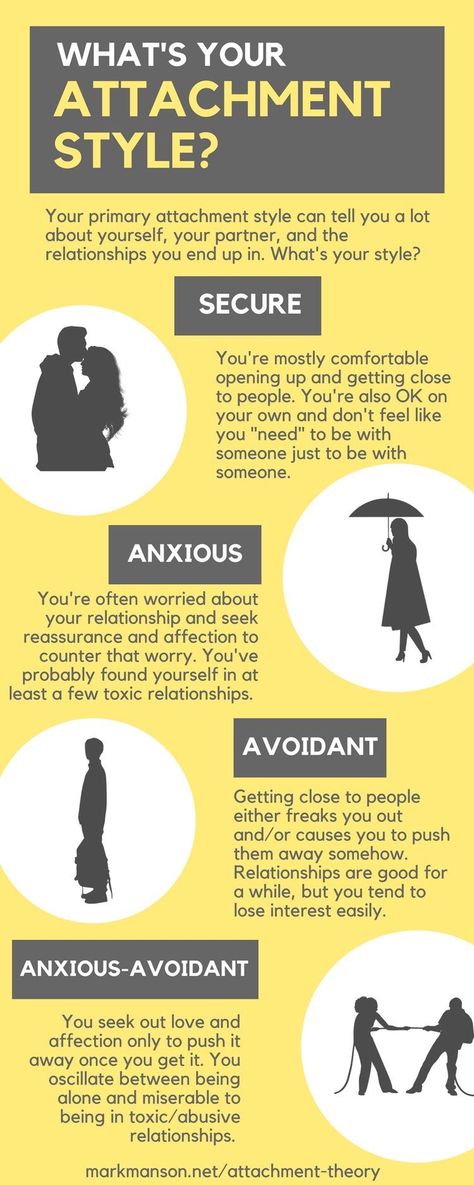
About trust and security in relationships: ru_psiholog — LiveJournal
The story is complex and confusing.
I divorced my husband about a year ago, before that we had not lived together for about a year, in the process of parting and trying to cope with it all, I became close to a young man. We had known each other for a long time, rotated in the same company, but we never communicated particularly closely.
And then it happened. He supported me, in a certain way helped me get out of the terrible apathy and self-loathing in the process of divorce. For a long time, we began to meet with him, and then completely live together. nine0003
It may seem that I was in a hurry with my life together, but my husband and I had a very close relationship for six years, we were constantly together and when we broke up, I panicked with the onset of the weekend, because I didn’t know what to do with myself and What can I do alone. So I think a completely single life after that would be too much of a test for me.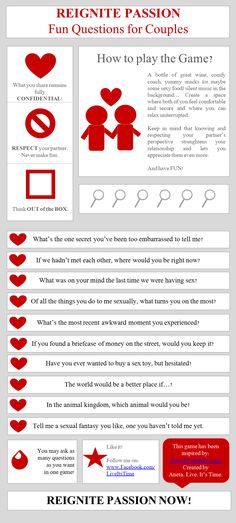
In general, we've been together for about two years, everything has more or less settled down, I regularly visit a psychotherapist - it's been a year now, sharp moments have been smoothed out, there is a lot of reflection in the relationship, etc. nine0003
But at some point I realize that I don't feel happy, that I lack mutual trust and a sense of security in relationships. I am trying to discuss the situation with a young man and am faced with a wall of
misunderstandings and resentment.
If I talk about my emotion (for example, "I am very sad that you decided to spend this evening with friends, although
we planned to spend it together during the week"), this is perceived as an attack on personal freedom, an insult and a manifestation dislike (if you loved me, you would not forbid me to communicate with your friends). But I’m not trying to forbid anything, I deeply respect him and I will never allow myself to communicate with a person in an orderly tone, I just try to talk about my feelings and not swallow it (I have already been treated for not saying my negative emotions and directing my aggression inward clinical depression and trying to learn how to act differently).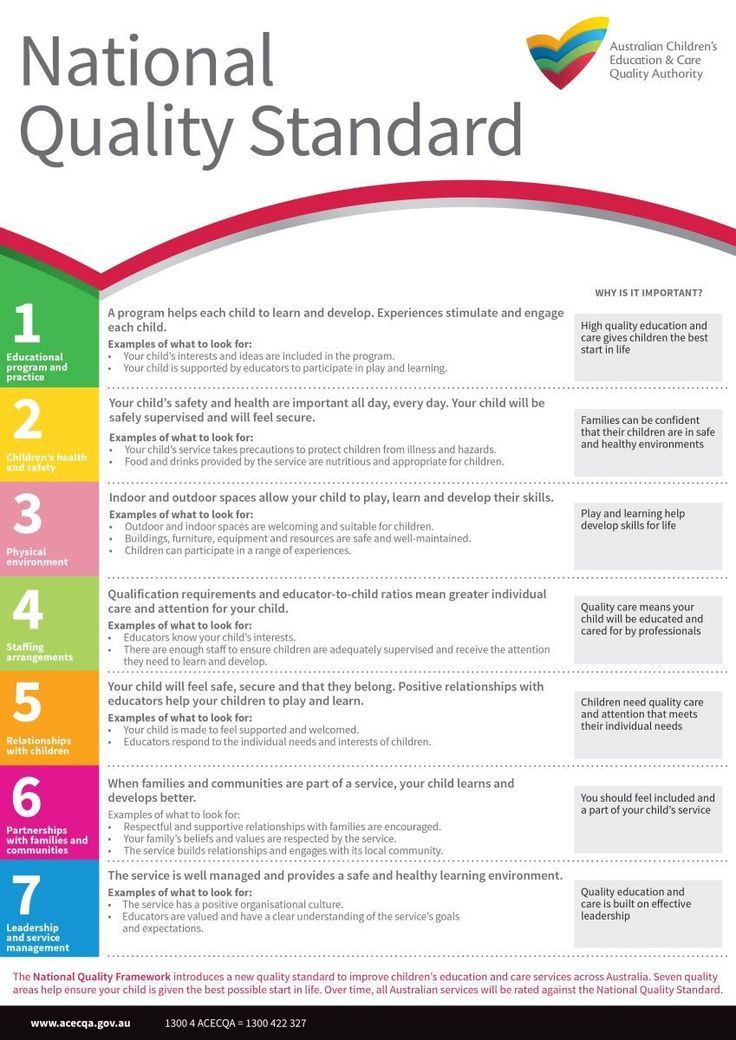 nine0003
nine0003
If I try to answer that I'm not forbidding you anything, I just want to share my emotion, he also starts saying in a raised voice that I'm inconsistent, I say first one thing, then another, I twist his words, etc. At some point, I can’t stand it any more and either withdraw into myself and stop communicating or get involved in this ridiculous quarrel and a scandal, hysteria, etc. occurs.
If I do not talk about my emotions and that something is unpleasant for me, swallowing them or sublimating them, he says that he feels that I have moved away from him, and there is no intimacy, and I do not love him. nine0003
As a result, I am under constant stress and pressure, afraid that whatever I do will be perceived as an insult, reproach or humiliation.
If we don’t discuss this situation in any way, releasing it on the brakes, my unexpressed emotions accumulate to a certain limit, after which a petty quarrel can plunge me into a terrifying state and then he starts to get angry with me because I get upset because - for nothing.
The fact that I had a career growth does not add to the optimism of the picture, and therefore I work from morning till night and come home completely exhausted and tired, incapable of anything. Therefore, it is very difficult for me, in response to some words that hurt me, to turn on the wise part of myself, carefully reflect everything and then answer. nine0003
Recently, the sphere of signs that I do not love and respect him began to include, for example, uncooked breakfasts and lunches on Saturday (when I just want to lie down like a dead stone after a terribly hard week), even though not before , now self-cooking was not a problem, and two years ago I clearly explained my position in relation to everyday life - that during the week I don’t have time for it, and the rest of the time - everything is collective. And this position was accepted and supported, and until recently caused no complaints. nine0003
Yesterday the conversation ended with his words: just if you want me to treat you well or that I marry you (the proposal came from him, in addition to regular repetition in words, do not proceed to any real actions), you must do some things.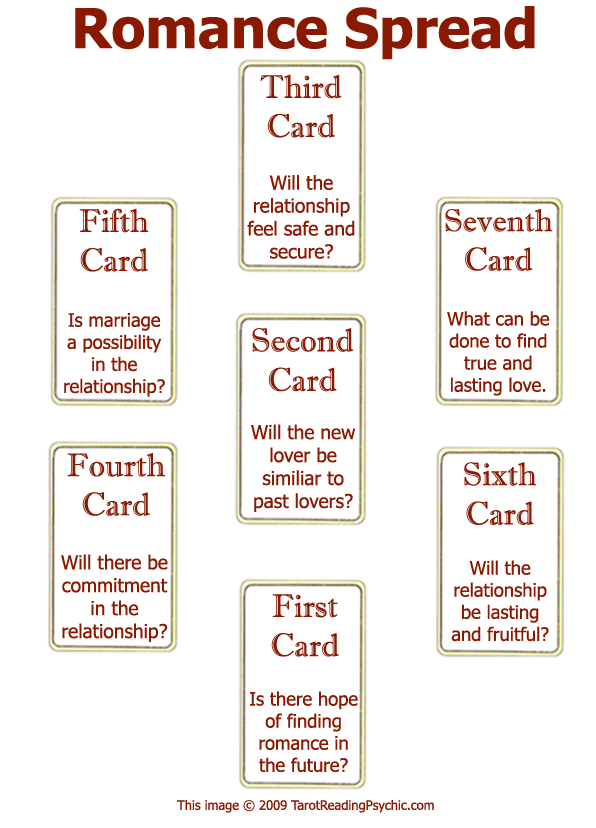 And if you don't do them, what makes you think that I will treat you well in return? In general, sorry for the footcloth text, but I'm really exhausted. I no longer have the strength or desire to do anything. Maybe, in this text, of course, I am not quite objectively evaluating my or his actions, and I really deserve such an attitude, but in my opinion I did not exaggerate anything at all. nine0003
And if you don't do them, what makes you think that I will treat you well in return? In general, sorry for the footcloth text, but I'm really exhausted. I no longer have the strength or desire to do anything. Maybe, in this text, of course, I am not quite objectively evaluating my or his actions, and I really deserve such an attitude, but in my opinion I did not exaggerate anything at all. nine0003
I don't feel supported in this relationship, I don't even feel like he hears what I'm saying at all.
I often think about suicide, but now I have fallen into a terrible apathy. What to do with all this?
How can a couple avoid relationship problems? | Man and woman
There are three basic needs in a couple relationship. nine0003
1. Security. Security in a relationship is, first of all, a sense of security, confidence that a partner will be there not only in joy, but also in difficult times.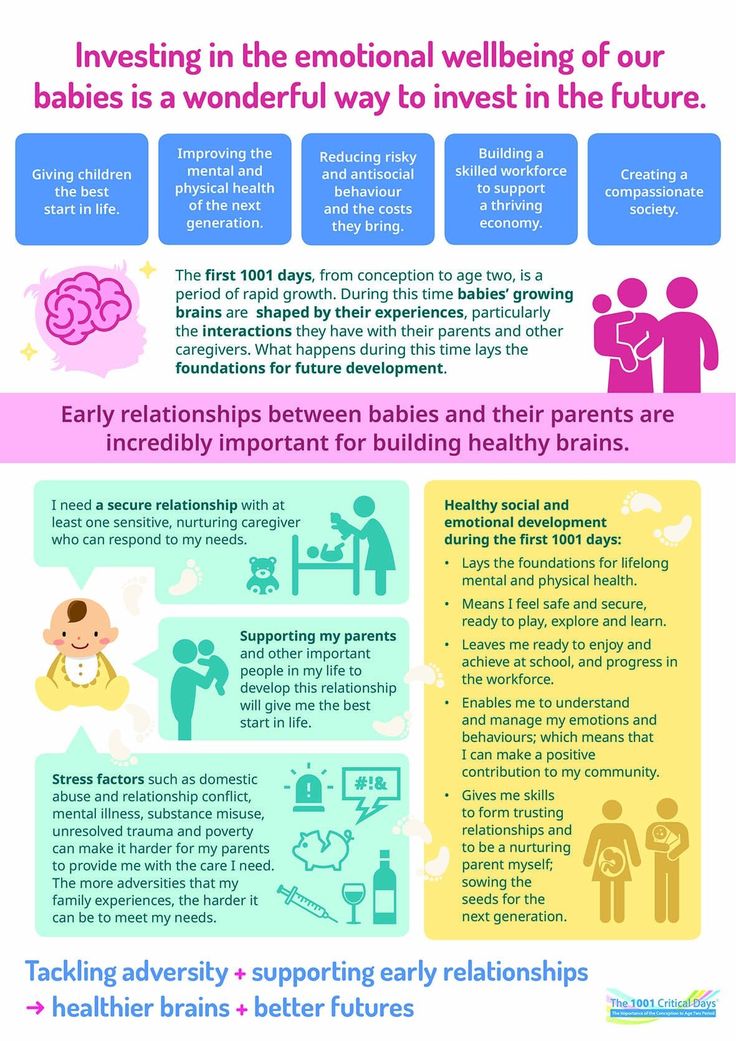 It is important for partners to feel stability in relations, the ability to confront threats together.
It is important for partners to feel stability in relations, the ability to confront threats together.
• For a woman, the main threat is competition in relationships, and not only with other women, but also with friends, partner's parents. She turns on the fear caused by the instinct of self-preservation, because just 100 years ago, being left without a man was a significant threat to the survival of a woman and her children. nine0003
• For a man, the main threat in a relationship is to become insolvent in the eyes of his woman, not needed. It is important for a man to feel her support, approval, gratitude. If a woman constantly nags and devalues a partner, he loses interest in her, and with him love.
2.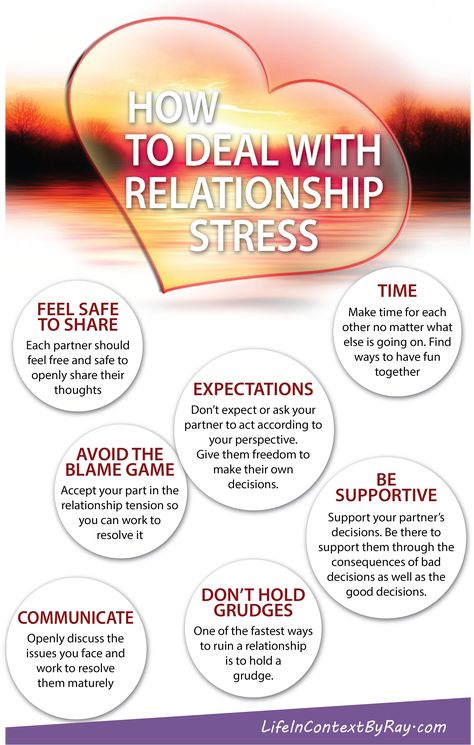 Energy supply. A woman is not as strong as a man. Men are stronger physically, more stable emotionally, able to concentrate on tasks, more effective in difficult and risky situations. Men draw energy from the outside world, they get an energy boost by implementing complex projects, achieving goals. nine0003
Energy supply. A woman is not as strong as a man. Men are stronger physically, more stable emotionally, able to concentrate on tasks, more effective in difficult and risky situations. Men draw energy from the outside world, they get an energy boost by implementing complex projects, achieving goals. nine0003
A woman needs more energy and strength than she has to fulfill her life tasks, mostly long-term and routine ones (birth and upbringing of children, maintenance of the house). She receives this energy in a relationship. It is important for a woman to feel her value for a man so that he notices the result of her routine housework, how well she takes care of children, what a warm atmosphere she creates in relationships. nine0003
If a man can convey why he loves his woman, if he feeds a woman's energy and self-esteem with attention, compliments, care, then a woman will always be filled with energy that she is able to transform into love.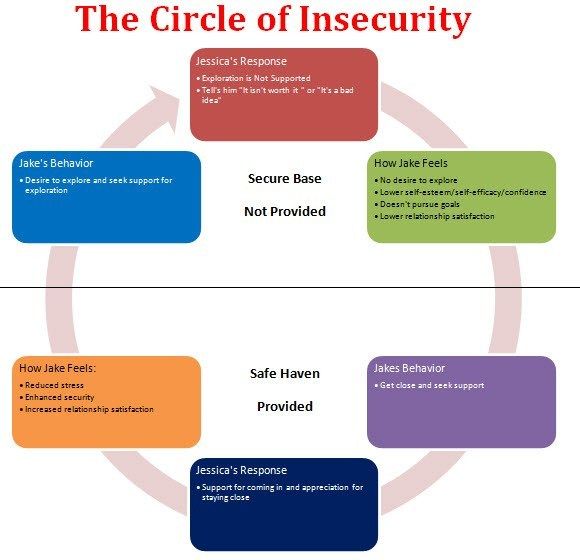 Receiving energy from a man, a woman gives it in the form of warmth, tenderness, care and support. Smart men know that it's easier to iron a wife than a shirt. It is impossible to "overlove" a woman, this is a myth. The more energy a man gives to a woman, the more energy she spends on caring for her loved ones. And she leaves a little for herself, for self-realization, in order to remain interesting and please her man. nine0003
Receiving energy from a man, a woman gives it in the form of warmth, tenderness, care and support. Smart men know that it's easier to iron a wife than a shirt. It is impossible to "overlove" a woman, this is a myth. The more energy a man gives to a woman, the more energy she spends on caring for her loved ones. And she leaves a little for herself, for self-realization, in order to remain interesting and please her man. nine0003
3. Emotional connection with a partner. This need is more feminine. Men often consider emotional openness as a sign of weakness and try not to show their emotions once again. In an area of fierce male competition, this is true, but in a relationship with a woman, the exchange of emotions is the basis of intimacy.
Moreover, a woman's physical attraction directly depends on how much she feels the partner's emotional openness.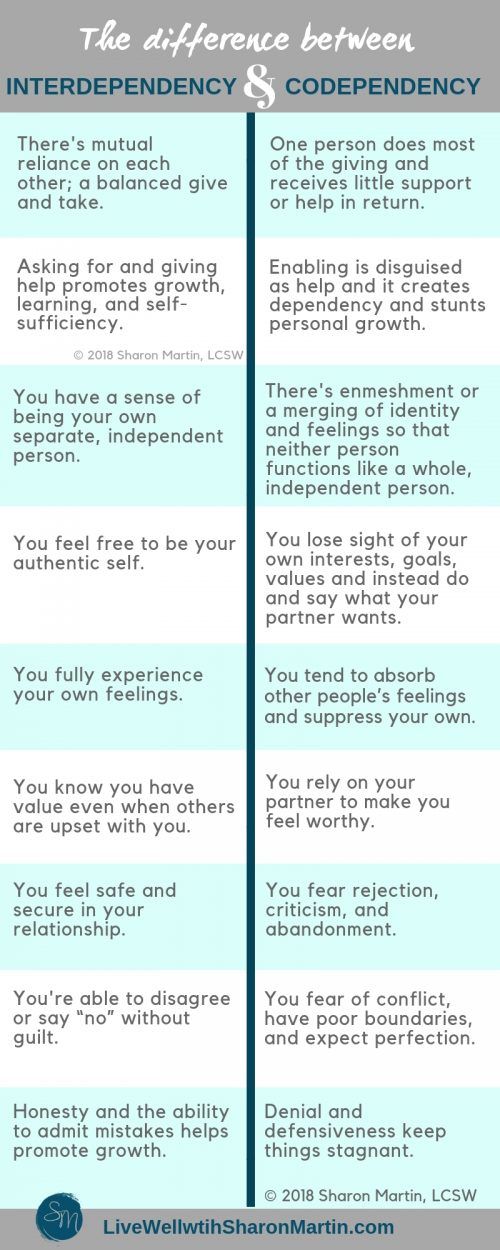 In addition, men believe that sharing emotions with a woman is an expenditure of energy. He is so tired at work that he has neither the strength nor the desire to communicate. Men underestimate this energizing channel. The fact is that a woman is stronger in the field of emotions, so this is where a man can get help and support. A heart-to-heart talk with a woman can help clarify negative or conflicting feelings and emotional blocks, dispel doubts, a man can use a woman's natural insight and intuition to make decisions, especially in the field of relationships with colleagues. nine0003
In addition, men believe that sharing emotions with a woman is an expenditure of energy. He is so tired at work that he has neither the strength nor the desire to communicate. Men underestimate this energizing channel. The fact is that a woman is stronger in the field of emotions, so this is where a man can get help and support. A heart-to-heart talk with a woman can help clarify negative or conflicting feelings and emotional blocks, dispel doubts, a man can use a woman's natural insight and intuition to make decisions, especially in the field of relationships with colleagues. nine0003
If partners do not feel satisfied in these three areas, they do not receive enough support and energy from each other to function properly. A woman becomes eternally dissatisfied, annoyed, ceases to take care of herself, “nags” and scolds her man. The fact is that in such a strange way she tries to reach out to her partner, to inform him that something is wrong in the relationship.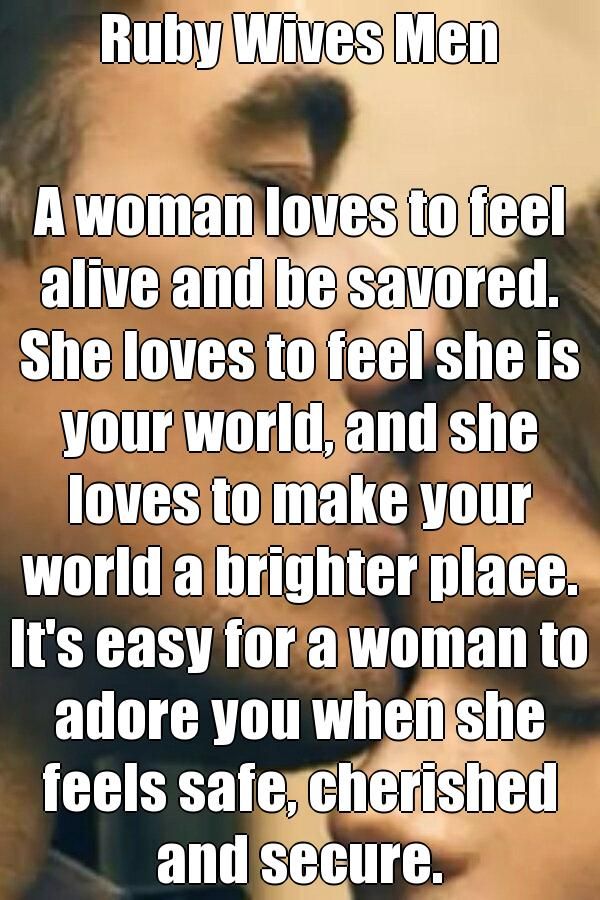 Often she herself does not understand what exactly, therefore, instead of constructive negotiations, she gives in to emotions and makes a scandal. The man, not hearing the arguments, does not understand what exactly the woman wants from him, decides that “she is phoning again”, and, instead of deciding and acting, removes himself from the battlefield. Problems multiply, relationships can collapse. nine0003
Often she herself does not understand what exactly, therefore, instead of constructive negotiations, she gives in to emotions and makes a scandal. The man, not hearing the arguments, does not understand what exactly the woman wants from him, decides that “she is phoning again”, and, instead of deciding and acting, removes himself from the battlefield. Problems multiply, relationships can collapse. nine0003
What to do?
• First of all, know your needs. From time to time, listen to yourself and your partner: how much do I feel full in a relationship, do I give everything necessary to my partner. Be sure to ask how your partner feels.
• If you feel there is a problem, be sure to talk.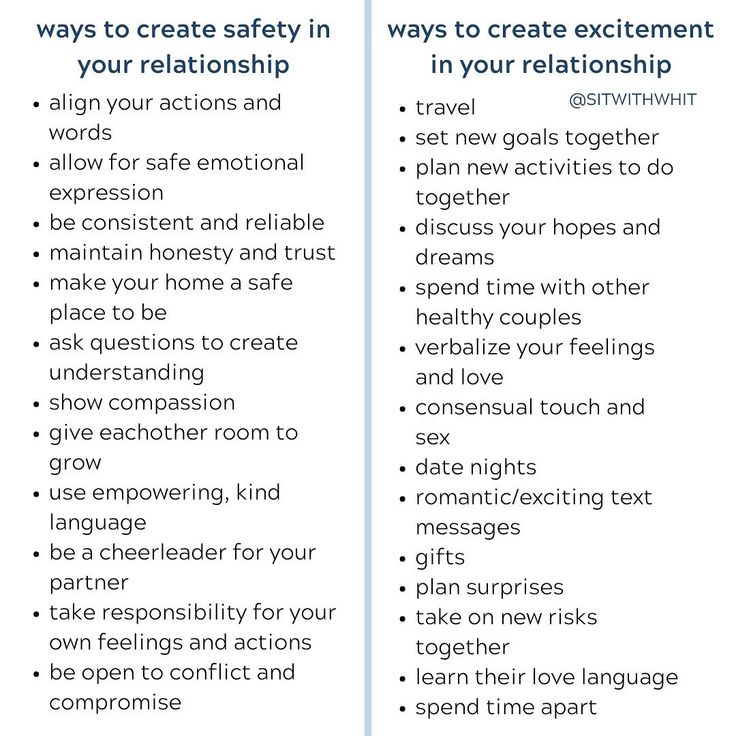 When discussing difficult relationship issues, proceed from the fact that you want to return love, and not to establish control over each other. As a rule, when a crisis in a relationship sets in, each of the partners feels a threat to their relationship, so they try to fill their needs and control the other. By such behavior, partners transfer relations into the plane of military operations. nine0040 Remember the important rule : if you feel a crisis in a relationship, try to turn off your ego and take care of your partner. If you find yourself on the slippery road of a crisis in a love relationship, turn the steering wheel in the direction of a skid.
When discussing difficult relationship issues, proceed from the fact that you want to return love, and not to establish control over each other. As a rule, when a crisis in a relationship sets in, each of the partners feels a threat to their relationship, so they try to fill their needs and control the other. By such behavior, partners transfer relations into the plane of military operations. nine0040 Remember the important rule : if you feel a crisis in a relationship, try to turn off your ego and take care of your partner. If you find yourself on the slippery road of a crisis in a love relationship, turn the steering wheel in the direction of a skid.
• Women, learn to be aware of your needs and convey them to a man, try to do it with words, not just emotions. nine0003
• Men, learn to understand the importance of women's emotionality, help her to translate the language of emotions into understandable words, tasks and joint actions.